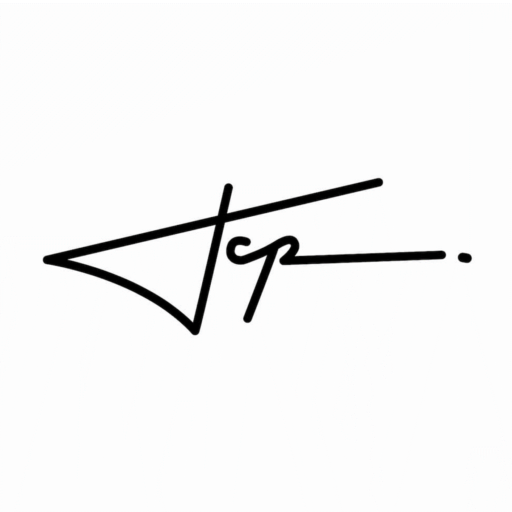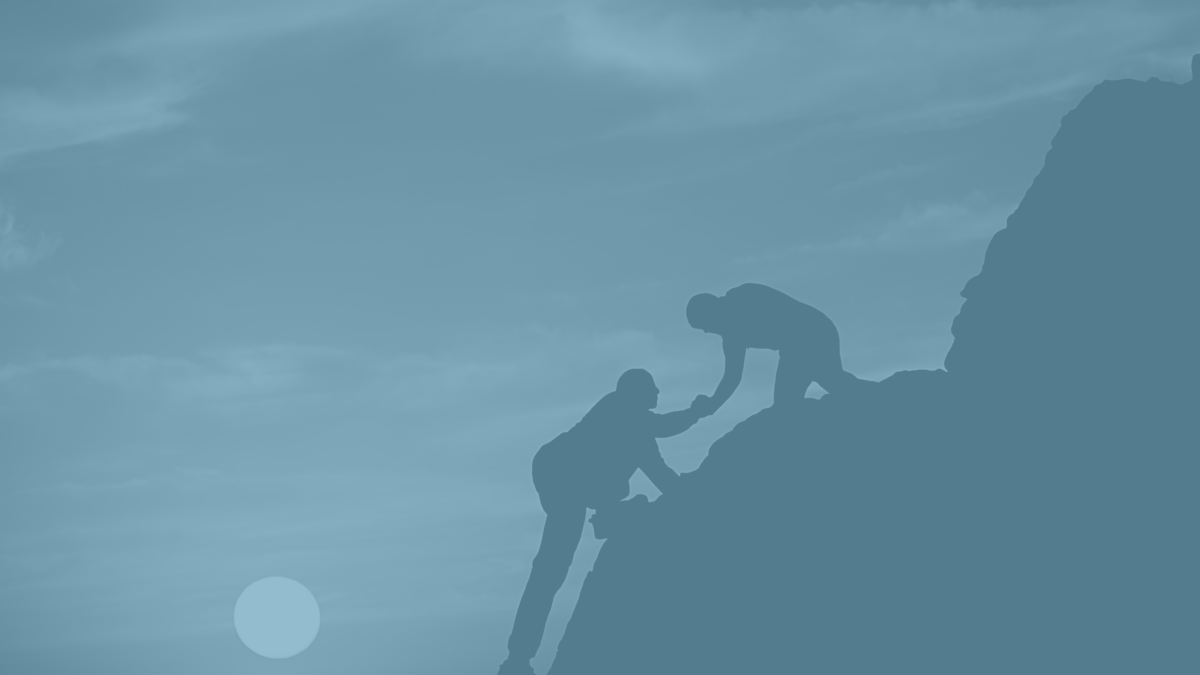More than one-third of your life is devoted to your job. Day in and day out so many people go to a job they hate, for a boss they don’t respect and a company who thinks of them as nothing more than a number.
Imagine that you had just been invited over to binge-watch this new Netflix series. Would you be willing to do that? Before you answer, let me add a few stipulations.
If you come over, you need to stay for the whole thing. You need to get through the series before you can leave. Are you still interested?
One last thing, this show has 80,000 hour-long episodes. How about now, still want to come? After all that, you might want to ask a few other questions.
We do the same thing with our careers. 2,080 hours per year, for forty years, we spend our time doing this thing called work—what better incentive to try and negotiate a better future?
We interviewed Brian Fretwell, author of Experts of Our Potential and the Founder of PeopleStrength, about his experiences with meaningful work.
I’ve been a consultant for probably the last 15 years, worldwide doing cultural change and helping companies engage with their employees.
After the pandemic, we saw employers lay off 11-million people, and it went under the radar. People talked about it a lot, certainly, but there was no real backlash to the business community. In April 2021, we see that 7-million people quit their jobs. We hear, “what’s the wrong with these workers?”
I’m listening to the radio, and I think to myself, maybe it’s about time. How many times have I been at a company, even a company trying to create meaningful work, but they’re just giving lip service to it. Many don’t do nearly enough. At that moment, seeing that number was very validating. Many people are demanding more meaningful work with their feet.
Brian Fretwell
Our relationship with work is broken. Many people need to figure out how to repair that relationship, renegotiate that social contract and build a better future for tomorrow’s workers. We asked Brian how he would improve our relationship with work if he had a magic wand.
It’s straightforward. It’s about asking better questions. I’ve done 1,000s of workshops. Every workshop, somebody would come up to me and say, “nobody hears me, nobody listens to me, I’m just a number here.” I don’t know that that’s just at work. I think we have an environment where people just fundamentally aren’t being heard. And we need to change the way we interact with each other, ask better questions. If I were to wave a magic wand, it would be to get people to ask more questions.
Brian Fretwell




